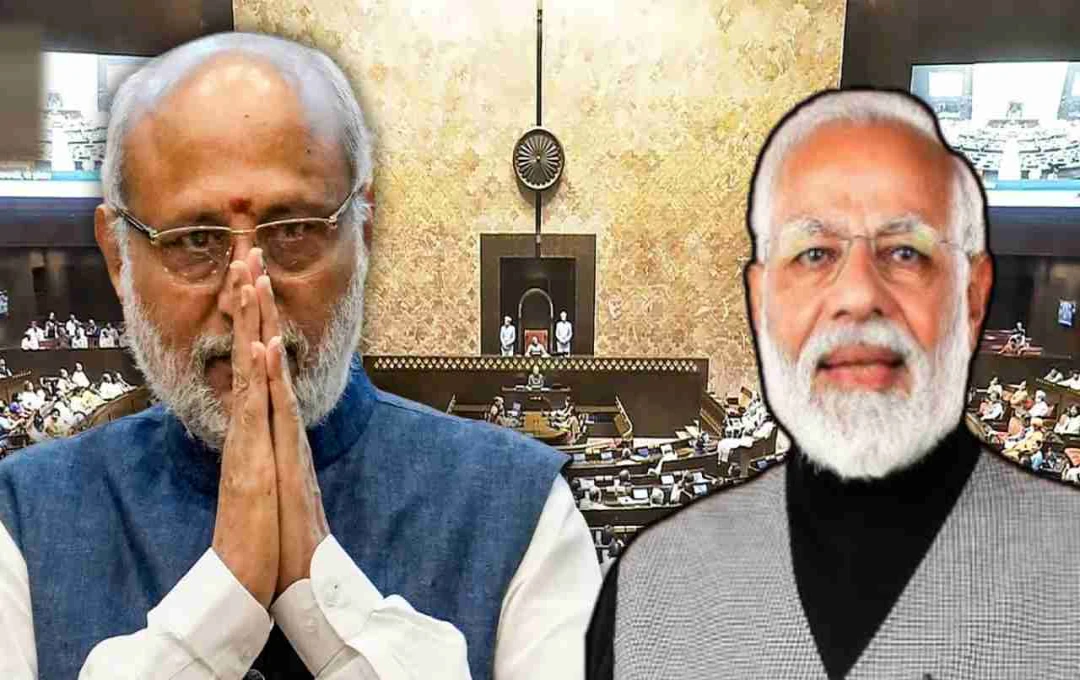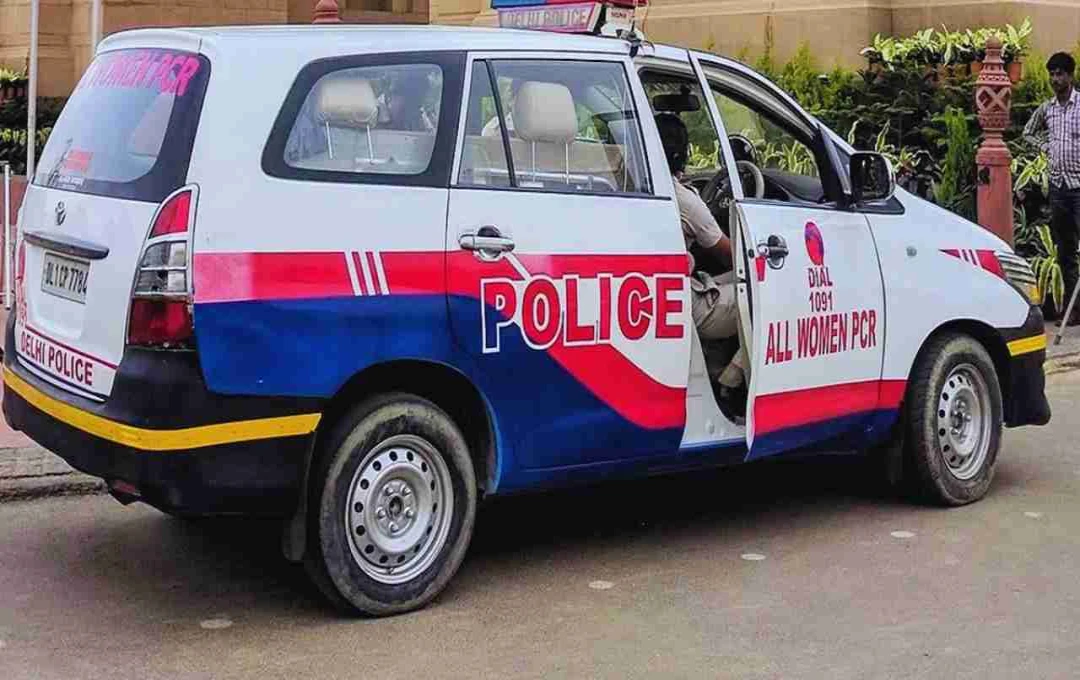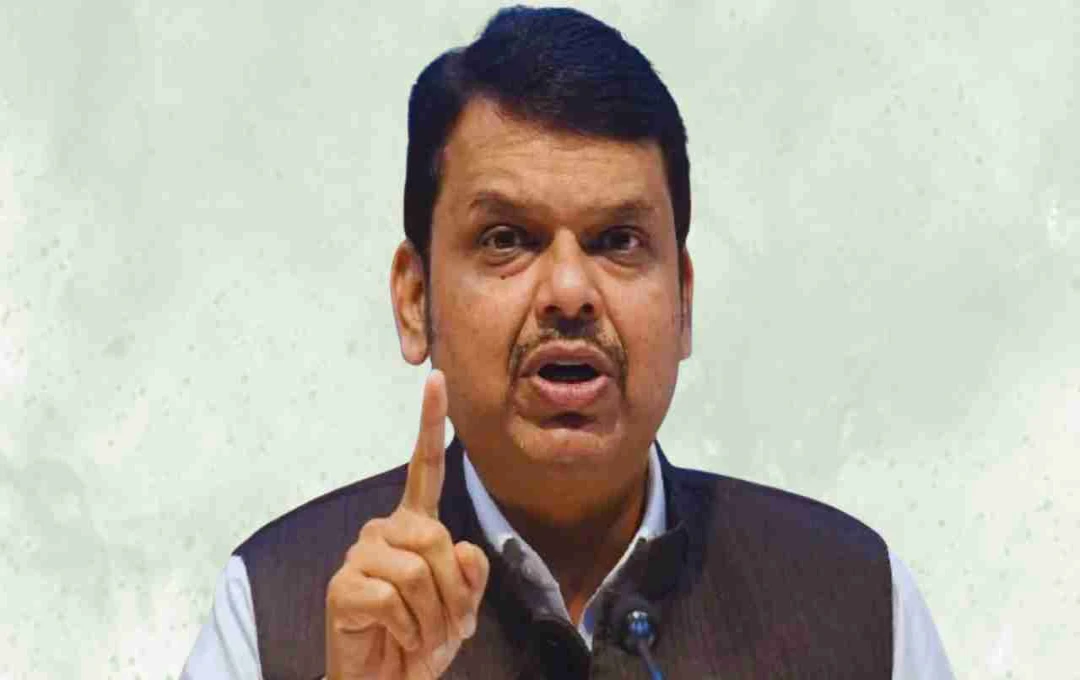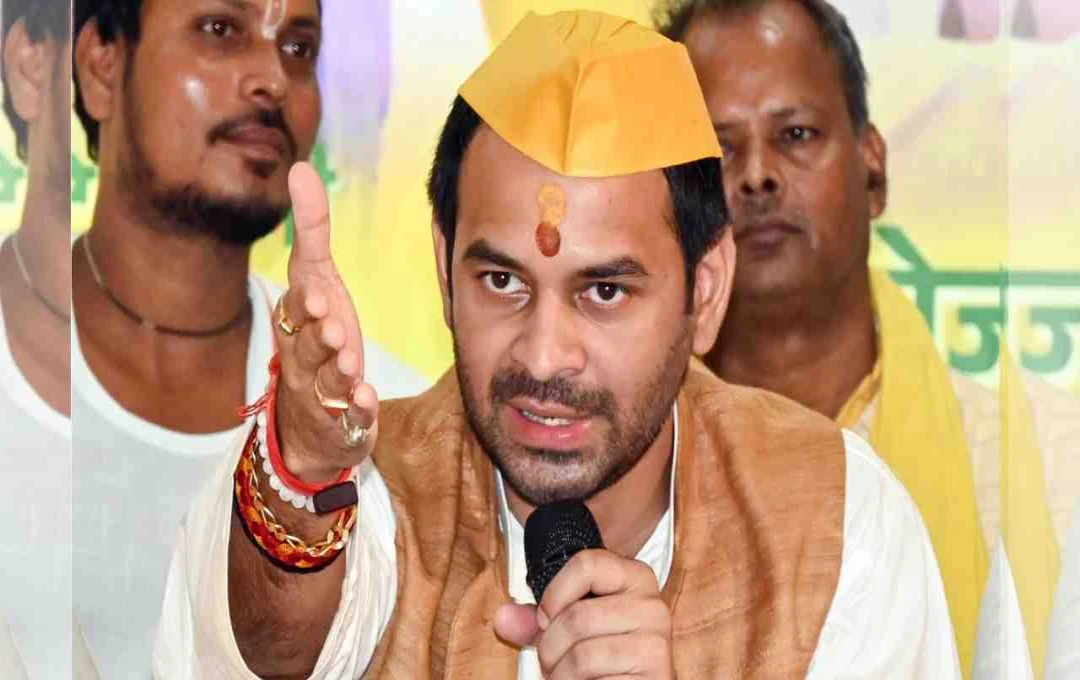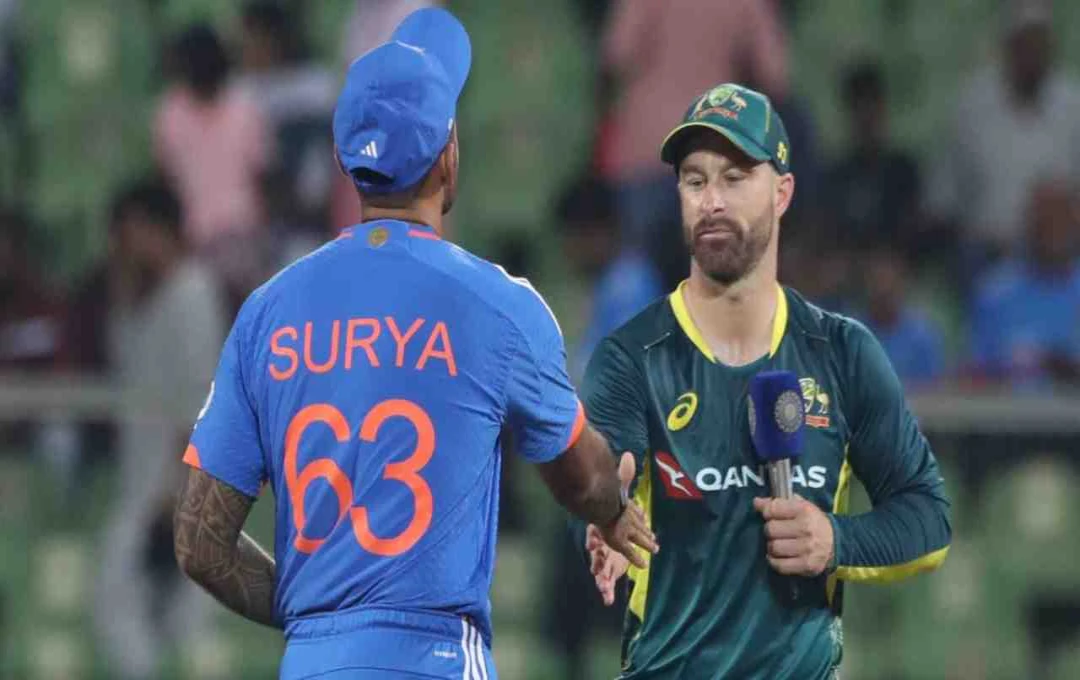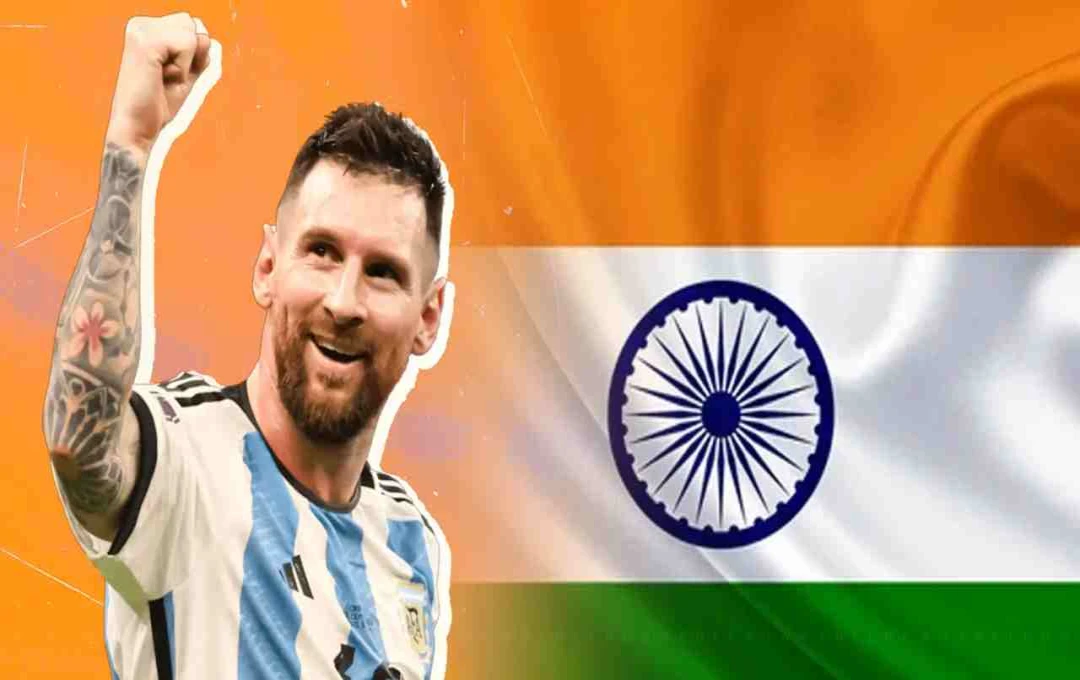The Vice President election will take place tomorrow. NDA candidate C.P. Radhakrishnan is almost certain to win. The YSR Congress has expressed support, while the stance of BJD and BRS remains unclear. Cross-voting could play a significant role.
Vice President Election: The post of Vice President in India is of great importance as it is one of the second highest constitutional positions in the country. The Vice President not only fulfills the responsibilities of the President in their absence but also serves as the Chairman of the Rajya Sabha. They are responsible for the smooth functioning of parliamentary proceedings. This is why the Vice President election is not just a formality but a battle for prestige for both the ruling party and the opposition. This year's election is also considered special because the ruling NDA appears to have an advantage, though the situation is not as straightforward numerically.
Voting Process
The method of electing the Vice President differs slightly from that of the President. Only Members of Parliament (MPs) cast their votes. Currently, there are 542 members in the Lok Sabha and 239 in the Rajya Sabha. A total of 781 MPs from both houses will vote. To win, any candidate needs to secure at least half, which is 391 votes. The voting process is conducted entirely through a secret ballot. This means MPs can vote against their party line, and no one can know their choice. This is precisely why cross-voting is often observed in these elections.
Previous Record
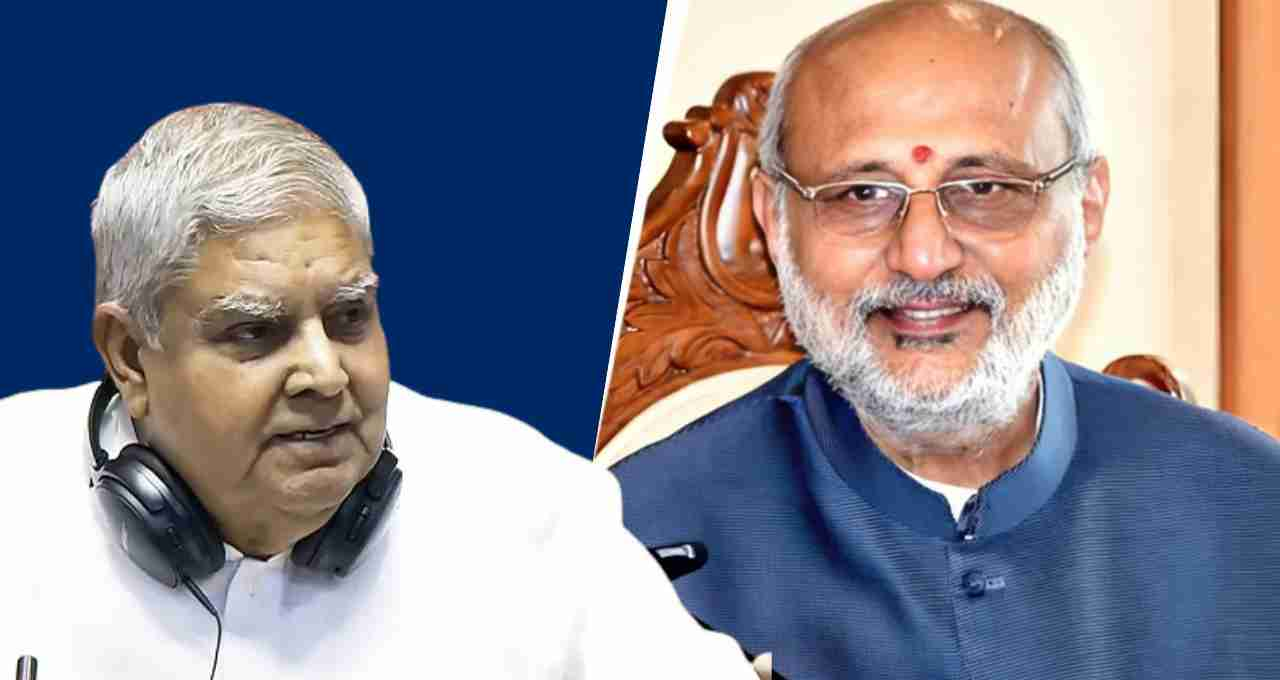
In the Vice President election held in 2022, NDA candidate Jagdeep Dhankhar achieved a resounding victory. He received a total of 528 votes, which was approximately 75 percent of the total votes. This win was significant because several opposition parties also supported the NDA at that time. The YSR Congress, BJD, and many independent MPs also voted for Dhankhar. Margaret Alva was the opposition candidate but received only 182 votes. This election proved that the opposition was not united, and the NDA secured victory with a b strategy and a large majority.
This Year's Situation
This year, the NDA has nominated C.P. Radhakrishnan, a senior leader from Tamil Nadu, as their candidate. The numbers indicate that his victory is almost certain, as the NDA already holds a majority, and several allied parties are supporting him. However, analysts suggest that the vote percentage this time might not be as high as it was previously. The possibility of cross-voting and the silence of some allied parties have made the scenario a bit more interesting.
YSR Congress Support
The YSR Congress (YSRCP), led by Andhra Pradesh Chief Minister Jagan Mohan Reddy, has once again announced its support for the NDA. The party has a total of 11 MPs in both the Lok Sabha and Rajya Sabha. With the support of the YSR Congress, Radhakrishnan's victory becomes almost assured. The YSRCP has previously stood with the NDA in such elections, and their stance appears to be the same this time.
Focus on BJD and BRS
The Biju Janata Dal (BJD) and the Bharat Rashtra Samithi (BRS) appear to be playing a "kingmaker" role this time. The BJD has 7 MPs, while the BRS has 4 MPs. Neither party has clearly stated its position yet. The BJD had supported the NDA last time, which contributed to Dhankhar's significant victory. However, the situation might be different this time. If both the BJD and BRS support the NDA, Radhakrishnan's vote tally will increase further. If they maintain neutrality, the NDA might not receive as many votes as they did in the previous election.
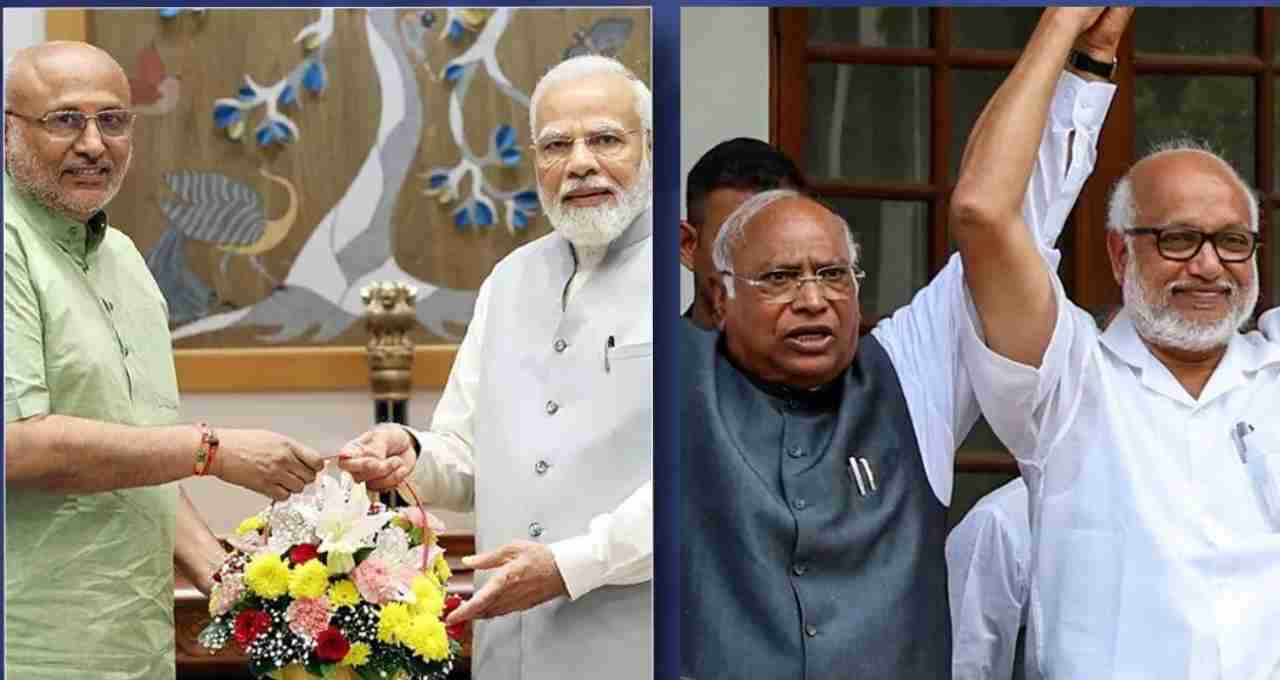
Suspense over AAP MP
There is also suspense surrounding AAP MP Swati Maliwal in this election. Maliwal's relationship with the party leadership has been strained in recent times. Therefore, it is unclear whether she will vote according to the party line or make a different decision. The Aam Aadmi Party (AAP) has a total of 10 MPs in Parliament. If all MPs vote for the opposition candidate, it will strengthen the opposition, but if cross-voting occurs, it will favor the NDA.
Role of Independent MPs
There are also 7 independent MPs in the Lok Sabha. Generally, independent MPs tend to support the ruling party as they require cooperation from the central government for their constituencies and development work. The probability is that they will vote for the NDA candidate in this election as well. However, they have not made any formal statement yet.
Projected Votes and Potential Outcomes
If the NDA receives support from the YSR Congress, independent MPs, and all its allied parties, C.P. Radhakrishnan is likely to get around 458 votes. This figure is significantly higher than the 391 votes required for victory but lower than the 528 votes received last time. This clearly indicates that Radhakrishnan's victory is almost certain, but it may not be as decisive as Dhankhar's was in the previous election.
Impact of Cross-Voting
Cross-voting could prove to be a major factor this time as well. Since voting is done through a secret ballot, MPs can deviate from their party line. Last time, many opposition MPs voted for the NDA. If a similar scenario unfolds this time, the opposition candidate will face a significant setback.
